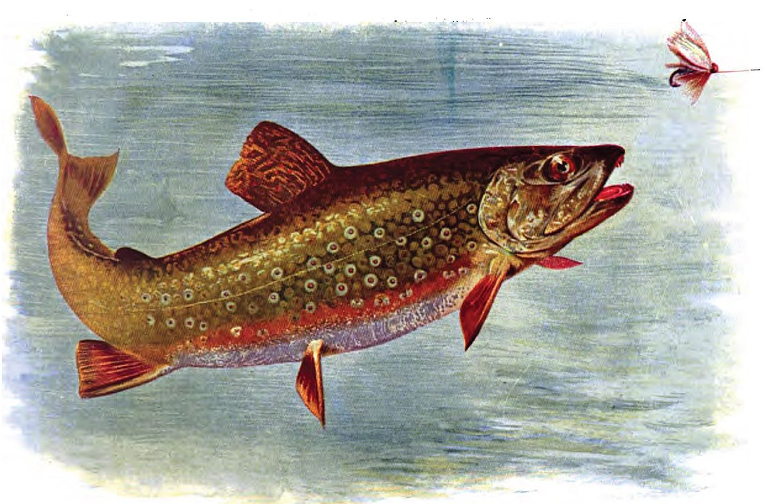Having spent a good deal of my life on projects intended to “save the world” (which decidedly does NOT want to be saved!), being confronted with the idea of sharing some of my thoughts about “activism” has provoked a flood of ideas about what to say on such an intriguing subject.
First of all, I’m not one of those to get “out in the streets with a sign” to protest something or other. Not that I’ve never done that. I have, but I’ve always wondered whether it mattered as much as other, perhaps more effective, forms of activist effort. I’m an economist, and so I have some knowledge and talents that can be put to good use in efforts that others cannot engage…
There are several recent examples of work I have done pretty much without compensation on issues of importance to me – and hopefully to others (who either cannot or are reluctant to pay for that work) – that I can take on and do well which those affected cannot address or resolve.
One recent example was a study that I spent four full weeks on that I suggested almost 30 years ago but there were no data available for it. Last year, I learned about a database being collected that might just fill the bill. I worked with that group; they sent me the data I needed; and I got to work. I didn’t know how this study would come out, but it showed the auto insurers’ control over the auto collision repair industry – which they claim is “efficient” – is better aligned with a “market power abuse” interpretation of this situation. That finding should turn some heads…
Another recent example was a large developer’s proposal for re-zoning conservation land in Wareham, MA that threatened one of the last remnant MA populations of sea-run brook trout as well as its underlying aquifer that is also the entire region’s source of clean drinking water. I was asked to review the arguments, and found that the economic case being made was deeply flawed and also conflicted directly with all the recent Town of Wareham planning documents. So I wrote a report detailing these issues that was released for public discussion. And then the Town of Wareham had an outdoor Town Meeting, rejecting the re-zoning with an 85% NO vote!
Asking questions that others avoid is something I do quite well. I have spent 50 years as a critic of very well-established doctrines in economics that cost me an academic career, although I’ve continued as an independent troublemaker, and my research papers have gained the attention of several journal editors who often publish my writings without changing a word. I often notice other academic colleagues who won’t do stuff unless they get paid. I’d rather just get it done…
One learns to live without any acknowledgement or recognition of one’s efforts, though when it comes, it’s incredibly welcome! As one nice example, just the other day (in a “WTF” moment) I sent my Wareham Report off to the President and CEO of National Trout Unlimited. Much to my surprise – as I didn’t expect a response – I got the nicest pair of emails from him just the next morning thanking me for my work: “Fred, this is incredible. Well done!” Music to my ears.
I think the most important part of being this sort of activist is to learn not to expect a response, and to do these things for other reasons. I call it “The Mirror Test” that I want to be able to look in my mirror each morning and see someone for whom I can have respect, admiration and love.
That’s what matters most. And I have a lot of control over that, while I have none over others’ reactions to the things I do. It’s not that you learn not to care. That’s just not the primary goal.
You need to be happy with yourself, and to believe in your causes. The rest of it is just detail…
Teaser photo credit: By Mike Cline – Extracted from PDF public domain version of the above work from Google Books., Public Domain, https://commons.wikimedia.org/w/index.php?curid=3688984





